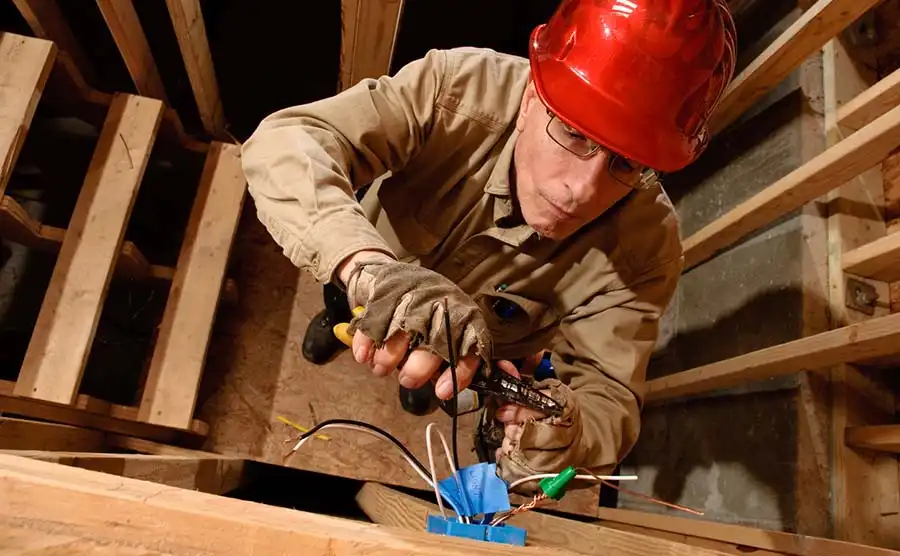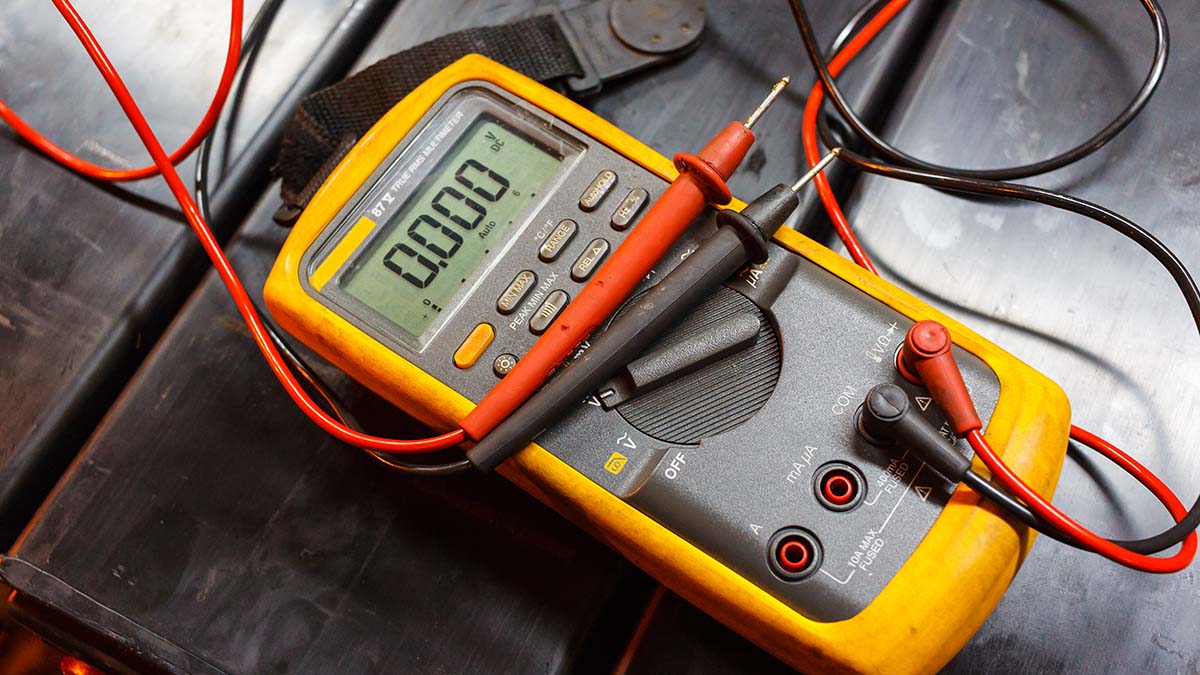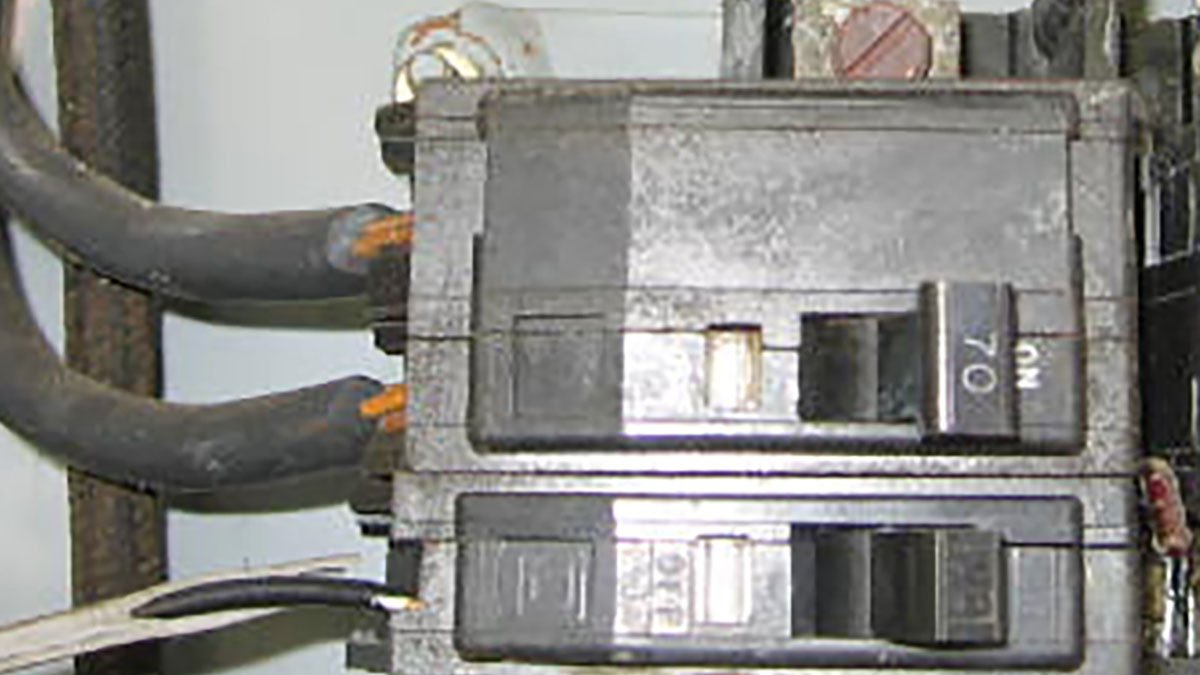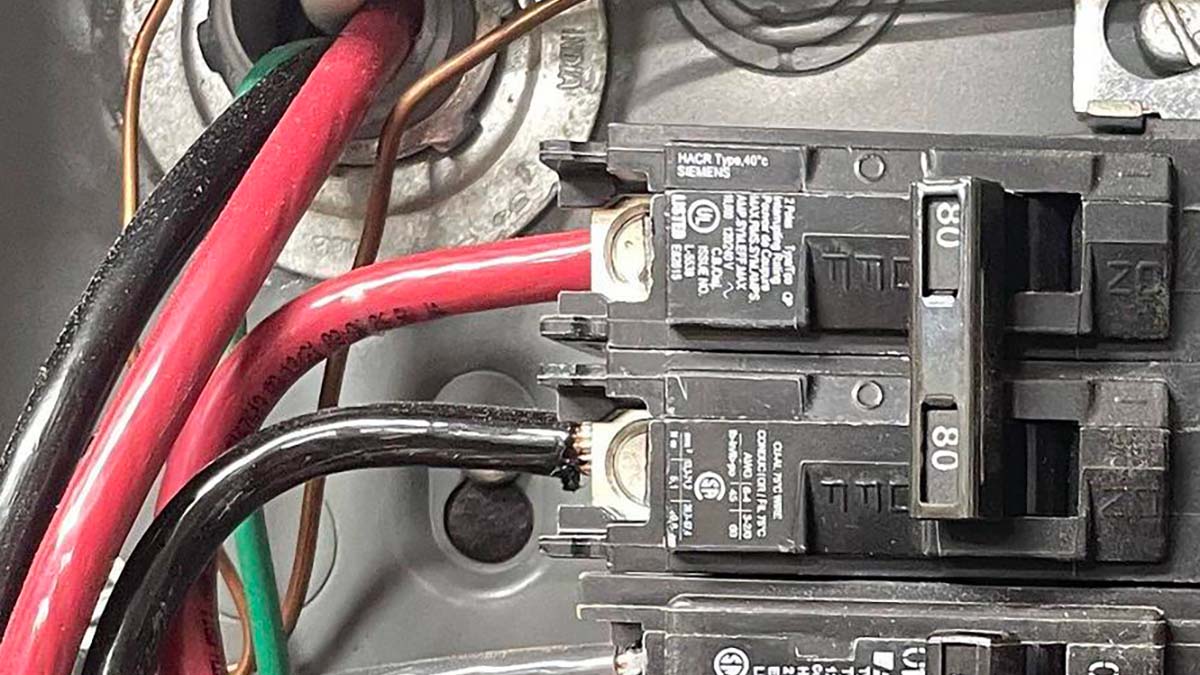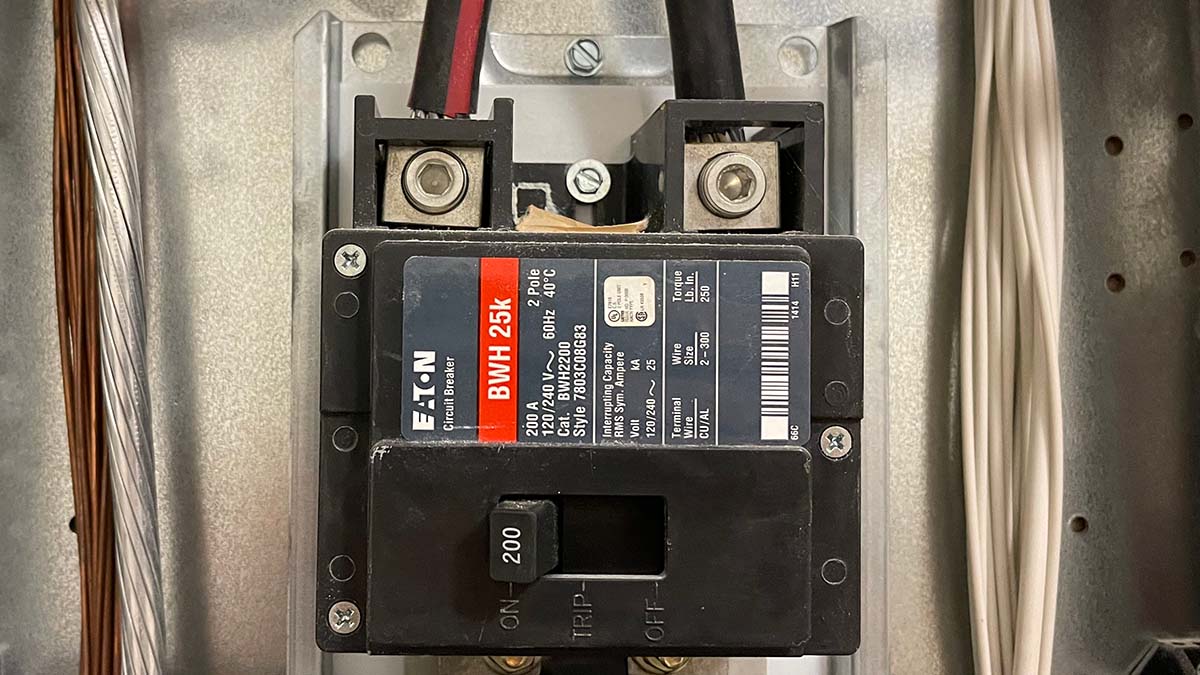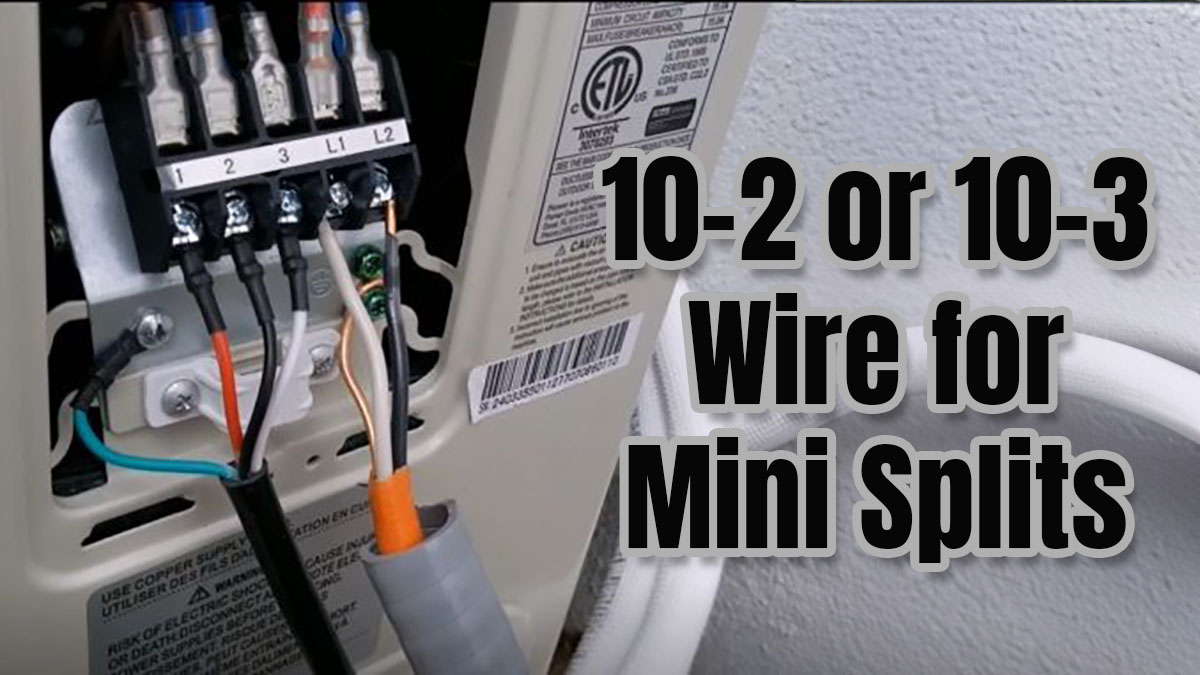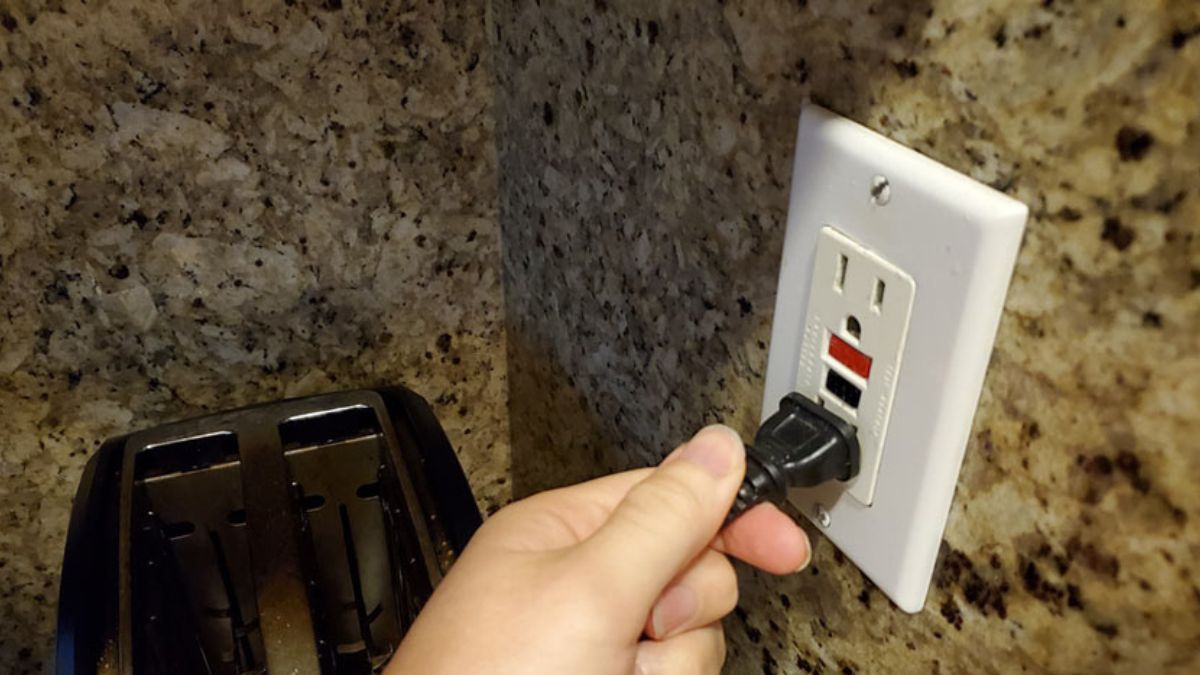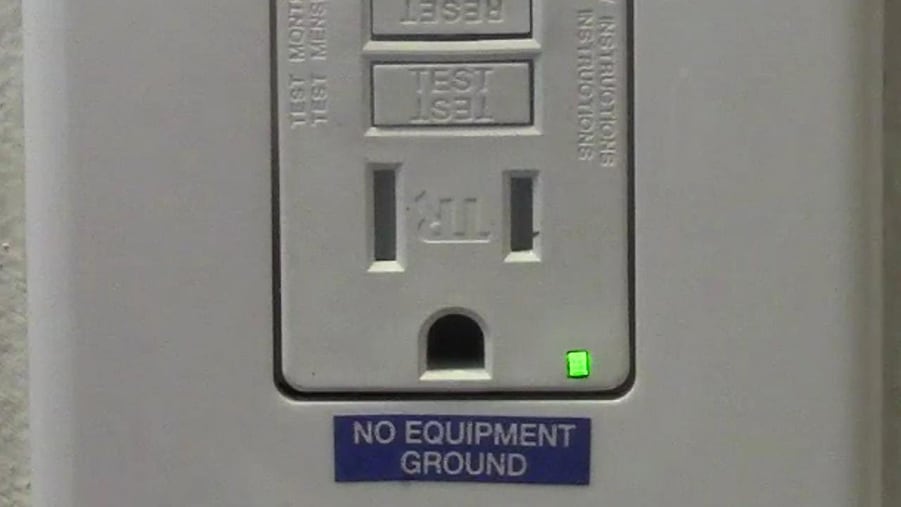
Everyone uses electricity daily. It is used within our homes to run various appliances and electronics daily, and we can’t imagine life without it. However, we must protect ourselves from the dangers of electricity, and one of the most common hazards is electrocution.
Ground fault circuit interrupters (GFCI) are necessary as their primary function is to protect us against electric shocks and make our electricity much safer. However, one might get confused regarding GFCI and whether it is the same as a ground circuit.
GFCI protection and electrical grounding are not the same. GFCIs monitor electric current as it travels across the hot and neutral outlet slots. A GFCI added to a non-grounded circuit protects against ground faults but will not ground the circuit.
The idea of GFCI and grounding can be confusing. Still, it is crucial to have adequate information regarding these, as they are a significant part of the protection you need against electric shocks. In this article, we will be discussing GFCI and whether or not grounding is required for this protective equipment to function correctly.
Get FREE estimates from licensed electricians in your area today. Whether you need to replace an outlet, hang a ceiling fan, a new electrical panel, or repair wiring, We Can Help!
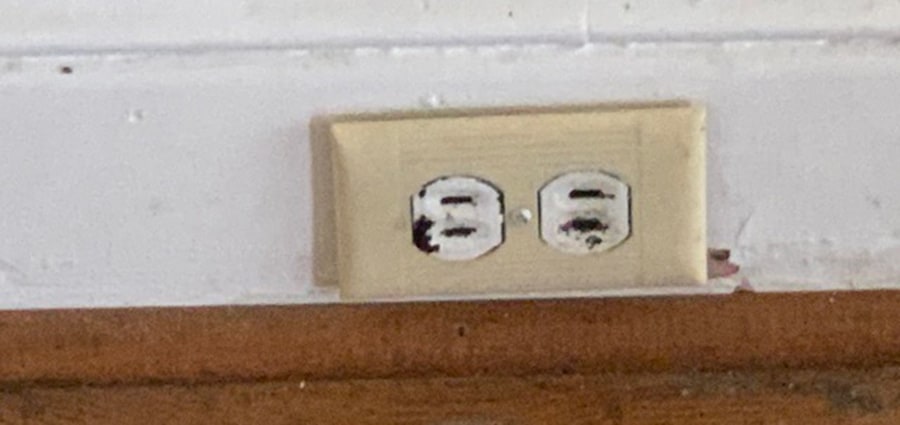
Installing GFCI Protection Without a Ground Wire
GFCI circuit breakers and GFCI receptacles will not ground a circuit that does not have a ground wire. The only way to ground a circuit is to run a new grounded wire from the panel to the receptacle. However, you are not required to have proper ground to install GFCI protection. If you have non-grounded wiring, you need GFCI protection.
A GFCI without a ground wire is legal, and it will work. Here we will explain how to wire a GFCI outlet without the ground wire and make sure it trips for safety if the outlet shorts out, even without ground.
The NEC does not allow a three-prong outlet to be installed on a non-grounded circuit unless the circuit is GFCI protected. An electrician can install a GFCI breaker in the panel or a GFCI receptacle at the outlet. The receptacle will need to be labeled “no equipment ground” to alert users the three-prong outlet is not grounded.
It is essential to label the GFCI outlet so people know that the outlet lacks ground. Although the GFCI will provide adequate protection, knowing which outlets within your home lack grounding is still necessary. The label says ‘NO EQUIPMENT GROUND’ and usually comes with GFCI outlets. Safety always comes first.
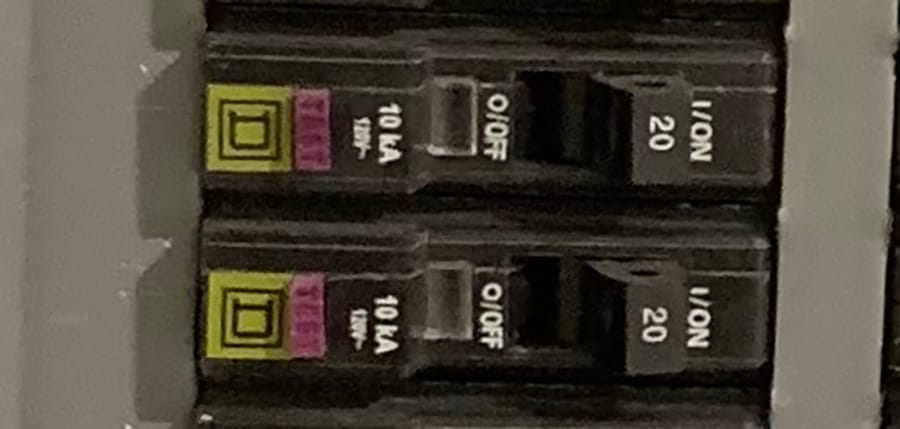
Will a GFCI Breaker Work Without a Ground Wire?
A GFCI breaker will work without a ground wire. A GFCI does not require a ground wire to work the way it should. GFCI offers protection from electrocution by tripping power off in case of ground faults detected across the hot and neutral outlet slots.
As mentioned above, GFCI is very important for protection against ground faults such as imbalances in the current. A ground fault occurs when the electrical path changes. A break across the hot and neutral wiring triggers the GFCI to break the circuit. Shock hazards happen when the human body is in the electric current’s path to the ground.
GFCIs cut off all the electric supply to the outlet in varying incoming and outgoing current, helping protect against electrocution. In the case of the electrocution of a person, the GFCI will pick up the current changes and shut off the circuit’s power. GFCIs can shut off the electric current in a matter of milliseconds when a ground fault is detected.
The main advantage of a GFCI is that it trips the circuit when even a small variance in current is detected across the hot and neutral wiring and trips in milliseconds. The GFCI senses the difference in current and immediately shuts off the power supply to the outlet, thus protecting us from being electrocuted for an extended period.
Hence, a GFCI breaker does work without a ground wire, and according to the National Electric Code, a GFCI will offer better protection from shocks than grounded receptacles alone. Grounding does not protect against electrocution as GFCI does. GFCI is designed explicitly for safety and can be more beneficial than grounding alone.
It’s best to have GFCI protection on a grounded circuit; however, adding GFCI protection to non-grounded circuitry is acceptable, mainly if the non-grounded wiring is still in good condition.
Will a GFCI Breaker Protect Ungrounded Outlets?
The purpose of GFCI breakers is to improve the safety of your home’s electrical system. The use of GFCI breakers is critical when it comes to households where there are ungrounded outlets.
Non-grounded two-prong outlets have two slots; hot and neutral. They do not have an opening to connect a ground wire. These outlets work with two-wire systems, wiring with only a positive and neutral wire.
In comparison to grounded three-prong outlets, two-prong outlets aren’t as safe. Most common household items, such as lamps, vacuum cleaners, etc., only have two-prong plugs. Thus, even if they are plugged into a grounded outlet, the grounding slot will not be used regardless.
The issue begins when an appliance with three-prong plugs, such as refrigerators and washing machines, is plugged into ungrounded outlets utilizing an adapter. This adapter becomes extremely dangerous because the appliance is designed to be plugged into a grounded outlet.
By plugging it into a non-grounded outlet (a three-prong outlet installed on a two-wire circuit) or using an adapter, there is an increased risk of you receiving an electric shock while using the appliance. Using adapters to plug three-prong plugs into two-prong outlets or non-grounded outlets can cause the device to overheat or fail.
So, if you have non-grounded electrical wiring in your house but your appliances need plugging into a grounded outlet, your best option is to install a GFCI outlet. This GFCI outlet helps protect against electrocution and preserves the devices you utilize daily.
For your protection against electric shocks, we recommend having a grounded electrical system and GFCI outlets or a GFCI breaker. If not possible, installing a GFCI breaker or GFCI outlet can help protect non-grounded outlets.
Conclusion: Is GFCI the Same as Grounded?
As crucial as GFCIs are when it comes to protection against electric shocks, it is also essential that the electrical system built into your household or building is grounded as well.
Although GFCIs can protect ungrounded outlets, it’s not a replacement for proper grounding. By adding a GFCI breaker or outlet to an already grounded electrical system, you will be further securing the wiring that runs in your house. This GFCI will ensure that your home is safe regarding ground faults that cause electrocution.
You should note that installing GFCI breakers or rewiring a house may require replacing an electrical panel.
Get FREE estimates from licensed electricians in your area today. Whether you need to replace an outlet, hang a ceiling fan, a new electrical panel, or repair wiring, We Can Help!


